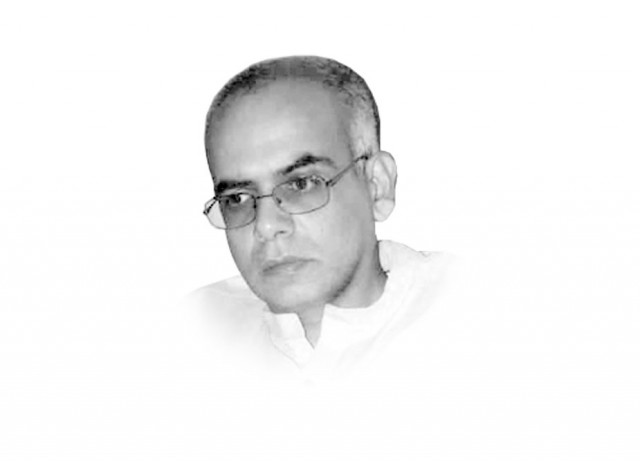A new push for education?
What will be done to keep children in school & provide them an effective education still not getting enough attention.

The writer is a post-doctoral fellow at McGill University
It is too early to say whether donor pledges to our education sector will materialise or what strings will be attached to the release of this money. But if our leadership has finally realised the value of diverting more national resources towards education, why must the nation wait another four years to see this resolve translated into practice? Nonetheless, it is easy to see the underlying imperative for our PM and the UN envoy’s statements. Pakistan is dismally failing to achieve the Millennium Development Goals (MDGs) for education.
A National Education Plan was formulated last year to expedite progress on achieving our MDG-related educational goals by 2015. However, the task ahead remains arduous. Consider, for instance, the findings of the Pakistan Education Atlas 2013 released last week by the Ministry of Education’s Academy of Education, Planning and Management (AEPAM) in collaboration with UN agencies. While half our adult population remains illiterate, education sector reforms in recent years have not had the desired impact either, given that 32 per cent of children between the age of five and nine years remain out of school. Due to these statistics, our country is now estimated to have the second-most highest number of out-of-school children at the primary school level in the world.
Donor agencies and even our government seem much impressed with the role of low-cost private schools in imparting education, despite the fact that profit-driven entities will not be able to help achieve the goal of universal education, which the state itself must strive to achieve.
As for improving the quality of education, the Minister of State for Education, Training and Standards in Higher Education has announced the constitution of a National Curriculum Commission to ensure consistency within the education system across the country. Whether this commission will also address the much-needed curriculum reforms remains to be seen.
The state of educational infrastructure admittedly remains scant. Around eight per cent of government schools do not have a building, while 17 per cent of primary schools consist of a single room. A major proportion of them do not have toilet and sanitary facilities or electricity. Yet, there is a need to prioritise which missing facilities need to be provided first. For instance, providing clean drinking water and sanitation will be much less expensive and rewarding than investing in more school buildings or ensuring electricity availability to all schools.
Instead of having invested enormous amounts of funds in creating “Aitchisons for the poor”, the chief minister of the most populous province in our country should, at least, have first used available funds to address vital missing public school facilities. Now, our PM has unveiled plans to launch a countrywide literacy movement to herd more children into school, but what will be done to keep them in school and provide them an effective education is still not getting sufficient attention.
Published in The Express Tribune, April 4th, 2014.
Like Opinion & Editorial on Facebook, follow @ETOpEd on Twitter to receive all updates on all our daily pieces.














COMMENTS
Comments are moderated and generally will be posted if they are on-topic and not abusive.
For more information, please see our Comments FAQ